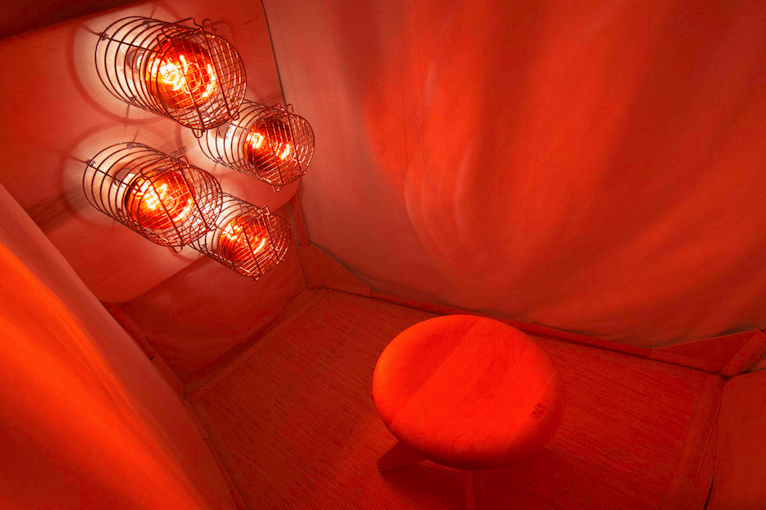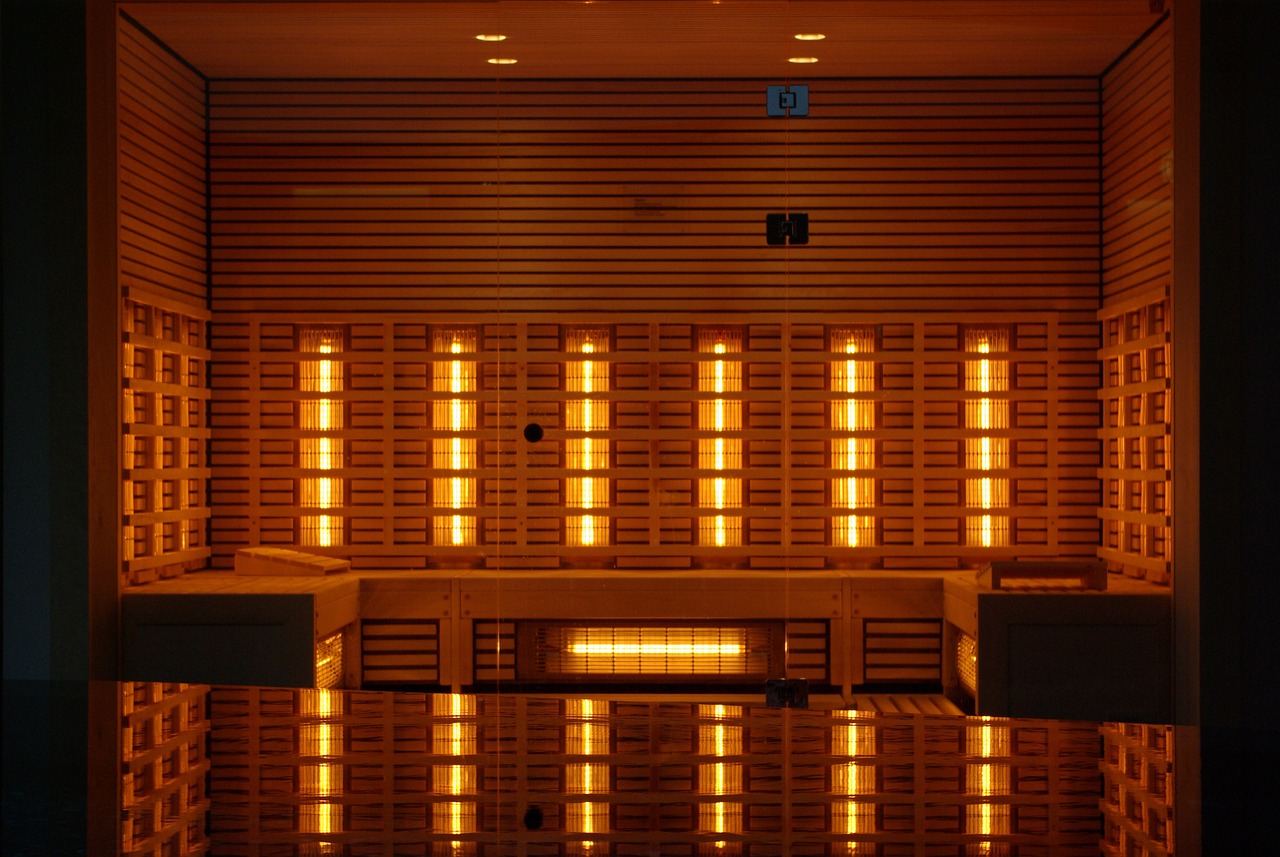- HOME
- Infrared Sauna Insights
- EMF Claims
Infrared Sauna EMF Claims: Marketing vs Reality

Among infrared sauna users the conversation around electromagnetic fields (EMF) is a hot topic. Please check out our article on 'Should I Worry About EMF In Sauna' as well.
Health-conscious consumers become more aware of EMF exposure. Manufacturers of different types of infrared saunas, sauna blankets, and PEMF mats in response, often use various marketing terms to describe the EMF levels of their saunas.
These terms, ranging from "Low EMF" to "EMF-Free", are intended to assure potential buyers of the safety and healthfulness of their products. But since there are no standardized industry certifications, it’s hard to tell what they mean. Below, we decode such marketing labels to help you navigate the world of infrared saunas with greater clarity and to steer clear of misty terminology.
EMF Marketing Terms Used by Infrared therapy device Manufacturers
This section provides a full overview of the different EMF terms used in infrared therapy device marketing, to help you better understand and interpret such claims.
Low EMF: Suggests that the device emits lower levels of EMF compared to standard models. However, the exact definition of "low" varies.
Ultra Low EMF: Indicates even lower EMF emissions than "Low EMF" saunas, implying minimal EMF exposure, but specifics differ between brands.
Near Zero EMF: Used for infrared therapy devices that claim to have EMF levels close to natural background levels, suggesting extremely low, almost negligible EM emissions.
EMF-Free or No EMF: Some manufacturers might claim their infrared devices are completely free of EMF. This is a strong claim and should be approached with skepticism unless backed by credible, independent testing.
Certified Low EMF: Implies that the infrared therapy device has been tested and certified by an independent body to have low EMF levels, giving them more credibility than unverified claims.
Reduced EMF Emissions: Indicates that the infrared therapy device has been designed to emit less EMF than typical models, but not necessarily as low as those labeled "Low EMF" or "Ultra Low EMF".
Safe EMF Levels: Seems to propose that the sauna's EMF emissions are within a range considered safe by certain standards or guidelines. The specifics of these standards, however, should be examined.

Practical Steps to Verify EMF Claims in Infrared therapy devices
Following the exploration of EMF-related marketing terms, here’s how to verify these claims.
1. Request Detailed Information
When you consider buying an infrared therapy device, make sure you get informed about its electromagnetic field (EMF) emissions. EMF can be measured in different units, each reflecting a distinct aspect of electromagnetic exposure:
- Milligauss (mG) or Microtesla (µT): Measures the strength of magnetic fields, which are generated by the electrical components in the sauna. It's generally advised to look for infrared therapy devices with magnetic field levels lower than 1 mG; a safe exposure limit in living spaces.
- Volts per Meter (V/m): This unit measures electric fields, produced by the voltage in electrical systems. In living spaces, electric field levels above 10 V/m are typically viewed as high. When you contact infrared sauna manufacturers, ask for detailed EMF measurements at various points inside the sauna, in both milligauss/microtesla and volts per meter.
2. Look for Independent Testing
The most reliable way to verify a manufacturer's EMF claims is through independent testing. Check if the infrared therapy device has been tested by a credible third-party organization and request access to these test results.
3. Understand the Testing Methodology
Pay attention to how the EMF testing was done. Factors like the distance at which measurements were taken and the device's operating conditions during testing can affect the results.
4. Certifications and Standards
Check if the device or its components have any certifications from recognized safety and health organizations. Certifications may indicate the manufacturer’s compliance with certain EMF standards.
5. Compare with Industry Benchmarks
Familiarize yourself with typical EMF levels in household environments and compare them with the sauna’s EMF readings. This can give you a better perspective on the sauna's EMF emissions in a real-world context.
6. Read Customer Reviews and Testimonials
While not a scientific method, customer reviews can sometimes offer insights into any EMF-related concerns or experiences with the therapy device.
7. Ask the Community
Joining forums or groups for infrared sauna enthusiasts can provide valuable peer insights. Members often share their experiences and knowledge about different saunas, sauna blanket brands and PEMF mats, including EMF levels.
8. Consider a Professional Assessment
If you're particularly sensitive to EMF or just want an extra level of assurance, consider hiring a professional to test the EMF levels of the infrared sauna after installation.
By taking these steps, you will look behind the curtain of marketing jargon and make knowledgeable decisions about the safety and suitability of an infrared therapy device , whether full-size or in portable form.
Besides EMF as an important factor, please also consider the overall quality, health benefits, and construction safety features of the sauna, sauna blanket or PEMF mat.
For a deeper understanding of EMF measurements and their implications, you can refer to sources such as the Bioinitiative Report [1] and the guidelines provided by ICNIRP [2].

Sam Everhart
Found this helpful? Here are more insights and articles you might like—plus expert reviews on PEMF mats, sauna blankets, and wellness tech over on our blog at saunace.com.
References
1. Sage C and Carpenter DO (eds.), BioInitiative Report 2012: A Rationale for Biologically-based Exposure Standards for Low-Intensity Electromagnetic Radiation, EMF Portal, https://www.emf-portal.org/en/article/21837
2. International Commission On Non-Ionizing Radiation Protextion, EMF Guidelines, https://www.icnirp.org/


